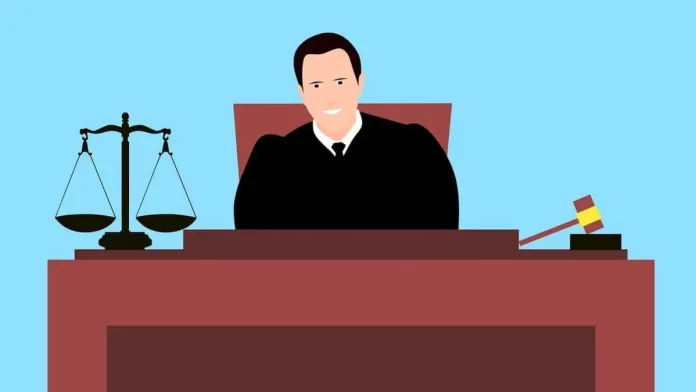Union Law Minister Kiren Rijiju today informed Lok Sabha there are over 36% judicial vacancies in High Courts across India.
In a written reply to the Lower house of the parliament, the law minister said that as of 14 March 2022, against the sanctioned strength of 1104 Judges in the High Courts, 699 Judges are in position, leaving 405 vacancies of Judges to be filled.
He said against 405 Vacancies, at present, 175 proposals are at various stages of processing between the Government and the Supreme Court Collegium.
“Further recommendations from High Court Collegiums are yet to be received in respect of 230 vacancies in High Courts”, he added.
Filling up of Vacancies in the High Courts is a continuous Process
Giving details about the current strength of Judges in the High Courts and details of vacant positions, the law minister said that filling up of vacancies in the High Courts is a continuous, integrated, and collaborative process between the Executive and the Judiciary.
“It requires consultation and approval from various Constitutional Authorities both at the State and Centre level,” said the law minister.
He said further that while every effort is made to fill up the existing vacancies expeditiously, vacancies of Judges in High Courts do keep on arising on account of retirement, resignation, or elevation of Judges and also due to an increase in the strength of Judges.
Since 2014 total of 198 seats of Judges has been created in various High Courts.
Social Diversity in the Appointment of Judges
Responding to a question over social diversity in the appointment of Judges, the law minister told the parliament that the appointment of Judges of the High Courts is made under Articles 217 and 224 of the Constitution of India, which do not provide for reservation for any caste or class of persons.
“However, the Government is committed to social diversity in the appointment of Judges in the Higher Judiciary and has been requesting the Chief Justices of High Courts that while sending proposals for the appointment of Judges, due consideration be given to suitable candidates belonging to Scheduled Castes, Scheduled Tribes, Other Backward Classes, Minorities and Women to ensure social diversity in appointment of Judges in High Courts,” said the law minister.
